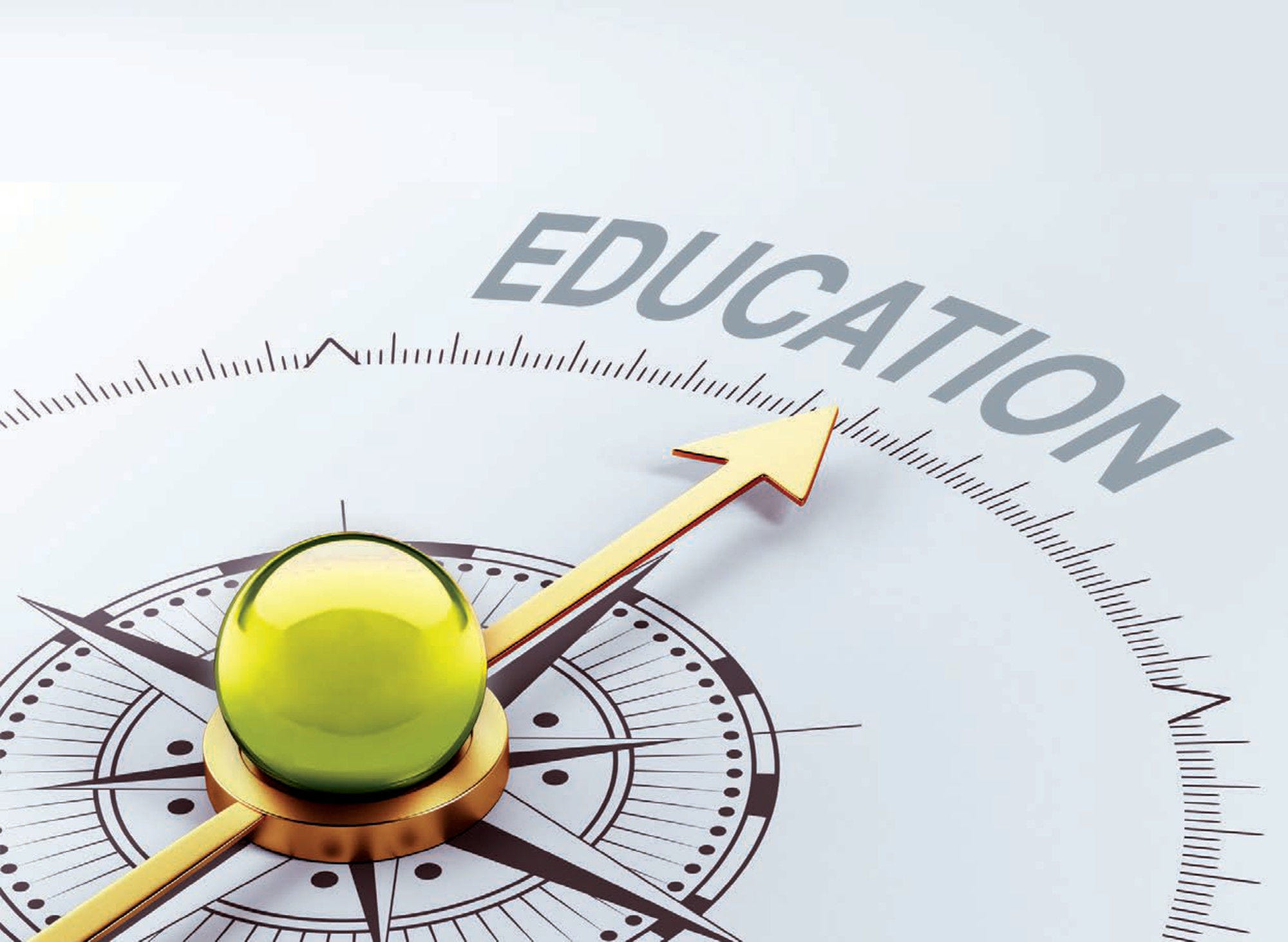Since 2016, Saudi Arabia has embarked on an unprecedented cross‑sectoral reform agenda known as Vision 2030 (Kingdom of Saudi Arabia, n.d.[1]). The goal of Vision 2030 is to reduce the country’s dependence on fossil fuels and create a diverse, dynamic and sustainable economy. To achieve these ambitions, Saudi Arabia has introduced 13 programmes, including the Human Capability Development Program (HCDP), which aims to improve the country’s education system in order to create a highly‑skilled and productive population that can meet the needs of a 21st century, knowledge‑based labour market.
Saudi Arabia has been investing heavily in its education sector for several decades. In 2015, expenditure on education represented 7.8% of the country’s gross domestic product (GDP), considerably higher than the average across OECD countries (5.2%) (World Bank & Education Evaluation Commission, 2016[2]) (UNESCO Institute for Statistics, 2020[3]). This investment has helped achieve tremendous success in expanding access to education, with present enrolment rates in primary and secondary education being nearly universal (UNESCO Institute for Statistics, 2020[3]).
However, these gains in participation have not yet been matched by equivalent progress in learning and skills. To better understand the quality of education outcomes, Saudi Arabia participates in several international surveys, such as the Trends in International Mathematics and Science Study (TIMSS), Progress in International Reading Literacy Study (PIRLS) and most recently the OECD Programme for International Student Assessment (PISA). Results from these surveys show that there has generally been a low return on educational investment in terms of the country’s learning outcomes. According to PISA 2018, students in Saudi Arabia consistently scored lower than in reading, mathematics and science compared to OECD countries and lower in mathematics and science compared to other participating countries in the Middle East and North Africa region (MENA)1 that participated in PISA. Over half of students from Saudi Arabia were unable to achieve the baseline level of reading proficiency needed to participate fully in society, compared to less than a quarter across OECD countries (OECD, 2019[4]) (Figure 1.1). These results suggest that improving the learning outcomes of students is urgently needed if Saudi Arabia is to achieve the economic goals set out in Vision 2030.



